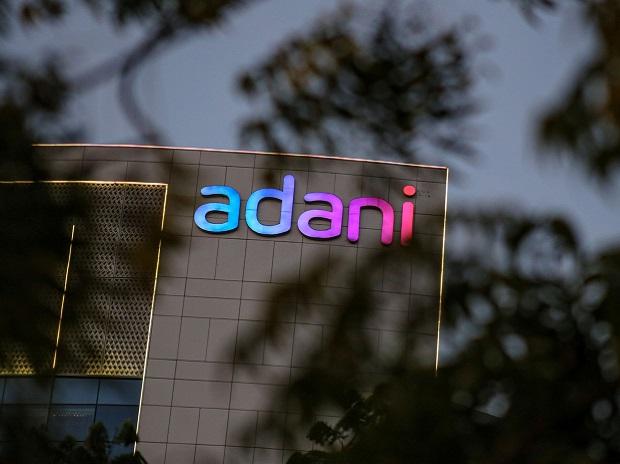S&P Global Ratings To Answer Questions On Adani Group In Coming Months

S&P Global Ratings will be answering many questions about India-based Adani Group in the coming months, the credit rating agency said on Wednesday.
In a statement issued, S&P Global said investors seek clarity on the credit impact of a string of allegations against the group in a short-seller report published in late January, and on the findings of a recently launched Supreme Court investigation.
"Like much of the market, we are waiting for more information about the Adani Group before deciding the direction of our ratings. We believe further details on governance and funding risks over the next 12-24 months would drive the ratings," said Credit Analyst Abhishek Dangra.
"Downside risks could stem not just from restricted access to funding, but also from our broader view on the quality of the group's governance. For example, we are likely to take a negative rating action should any investigation uncover serious wrongdoing. This may include previously undisclosed material related-party loans, cash leakage, or misreporting," S&P Global said.
"Conversely, to revise the outlook to stable, we will need to be convinced that governance practices in the group and funding access will improve in line with an investment-grade credit profile," S&P Global added.
According to S&P Global, in February 2023 it had revised to negative the rating outlook on Adani Electricity Mumbai Ltd and Adani Ports and Special Economic Zone Ltd., to reflect the governance risks and funding challenges of the wider group. The credit rating agency also affirmed the 'BBB-' ratings on these entities.
Investors want to understand the reasons for the rating action, and the watchpoints and timeline for the negative outlook. They broadly want insight into the funding and governance risks that will determine whether these entities remain investment grade or become fallen angels, S&P Global said.
"Assessing the group's creditworthiness, leverage, and liquidity position is difficult given our reliance on public information for unrated listed entities. We also rely on limited public disclosures of unlisted, private entities, and of funding or liabilities at the promoter level," said Credit Analyst Richard Langberg.
"We already assess governance as a relative weakness in our rating analysis of Adani Group entities due to significant promoter control, frequent related-party transactions, lack of transparency of the credit position of the promoter-held entities, and aggressive growth appetite," added Langberg.
--IANS
vj/shb/
(Only the headline and picture of this report may have been reworked by the Business Standard staff; the rest of the content is auto-generated from a syndicated feed.)
Stablecoin The Future Of Currency?
The payments system is undergoing a quiet but consequential shift. What was once the exclusive preserve of central banks... Read more
BoE Loosens Capital Rules
The Bank of England has taken a significant step towards easing post-crisis regulation by lowering its estimate of the c... Read more
Monzo Looks For US Banking License
Monzo is preparing a renewed push to secure a US banking licence, four years after abandoning its first attempt when tal... Read more
Crypto Firms Push Into US Banking
America’s cryptocurrency companies are scrambling to secure a foothold in the country’s traditional banking system, ... Read more
Parallel Banking: Stablecoins Are Now Global
Parallel Banking: How Stablecoins Are Building a New Global Payments SystemStablecoins—digital currencies pegged to tr... Read more
JPMorgan Deploys AI Chatbot To Revolutionize Research And Productivity
JPMorgan has deployed an AI-based research analyst chatbot to enhance productivity among its workforce, with approximate... Read more

